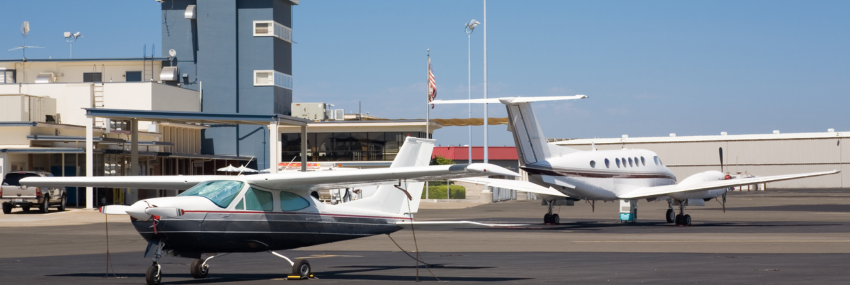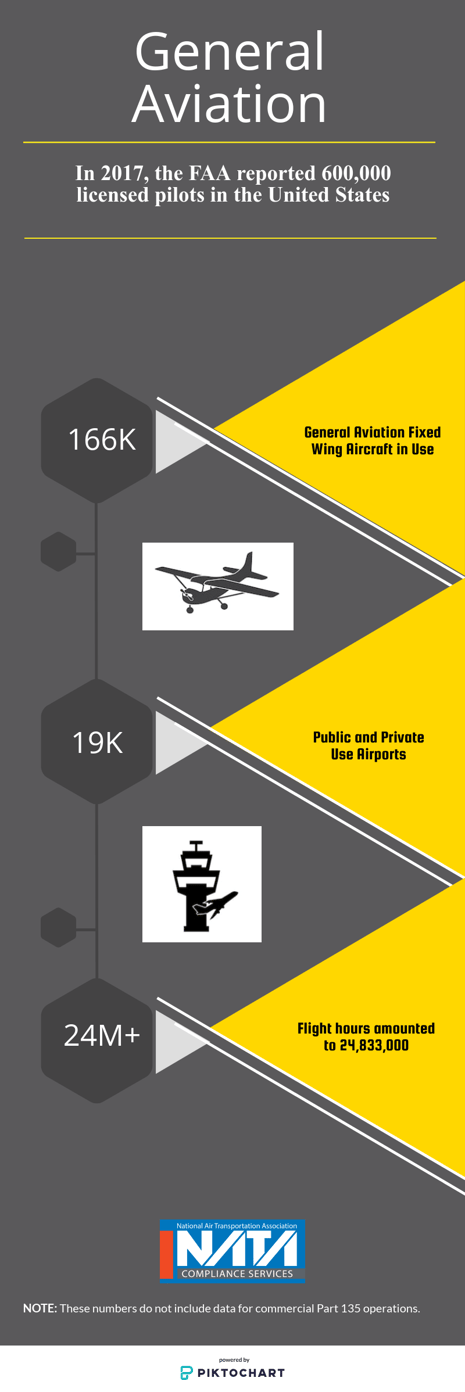
Updated November 29, 2022
Do you know in 2004 the Transportation Security Administration (TSA) published Security Guidelines for General Aviation Airport Operators and Users? The guidelines provided general aviation (GA) operators a quick resource on topics that had only been communicated to commercial operators. In June 2021, the security guidelines document was updated by the TSA’s Aviation Security Advisory Committee (ASAC) to reflect current practices.
Members of the GA community identified eight functional areas of security and is broken down into detailed discussions of methods and strategies. The eight functional areas of security are:
- Risk-based methodology
- Personnel
- Aircraft
- Infrastructure: Airports/Facilities (including fixed based operators (FBOs) and corporate based operators (CBOs))
- Surveillance
- Security Plans and Communications
- Specialty Operations
- Tenants and Users
Why is this document important?
According to the Federal Aviation Administration’s (FAA) 2017 data, there are roughly 633,000 licensed pilots in the U.S. with just under 333,000 licensed as student, sport, recreational or private. These pilots are flying more than 166,000 fixed-wing general aviation aircraft into over 19,000 public and private use airports in the U.S. and accounted for 24,833,000 flight hours. This means that in 2016 there were 2,834 general aviation aircraft in the air every hour of every day throughout the year and these numbers do not account for commercial part 135 operations.
With this type of activity, it’s easy to see why experts believe general aviation will continue to be a target for terrorists and other bad actors looking for access to aircraft and crewmembers.
In addition, security related training is usually an in-house product that is built using knowledge gained over time. These practices may not represent current standards or emphasize the threatening environment crewmembers operate in every day. The Security Guidelines for General Aviation Airport Operators and Users document is a great starting point for training development. Depending on your operation, more training should be considered to prepare for unexpected situations not outlined in TSA’s security document.
Want more information? Ask us how we can help!





